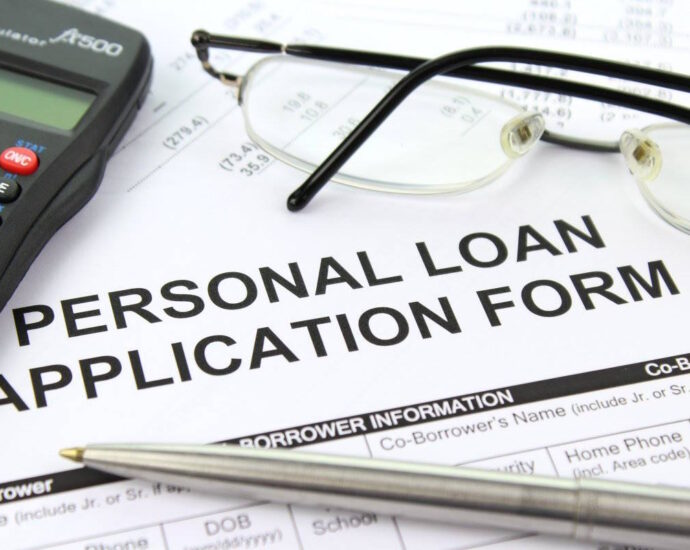Mortgage loans, auto loans, and credit card interest rates tend to dominate the news when people are talking about loans. Especially in an increasing interest rate environment, you can’t escape stories on 7.5% interest rates for homes or 84-month car loans. However, the type of debt that has recently grown the most has been the personal loan.
What is a personal loan?
A personal loan is a type of loan that you can use for various purposes, like consolidating debt, funding a home improvement project, or covering unexpected expenses. Unlike specific-purpose loans (like auto loans or mortgages), personal loans can be used for almost anything you need.
Types of personal loans
There are two main types of personal loans: secured and unsecured. Secured loans require collateral, such as your car or home, which acts as a guarantee for the lender. Unsecured loans don’t require collateral but may have higher interest rates.
Advantages of personal loans
Personal loans can provide a fixed amount of money that you repay over a set period, allowing you to budget accordingly. The interest rates are often lower than credit cards, making personal loans an attractive option for consolidating debt. Additionally, personal loans can help improve your credit score if you make timely payments.
Disadvantages
But just as personal loans can improve your credit score, being late with payments or allowing a loan to default will hurt your credit score. Additionally, while interest rates are lower than credit cards, recently they have hovered around 11.5%. You definitely can’t call this cheap money.
Before taking a personal loan
Assess your current financial status. Before considering a personal loan, take a close look at your finances. Evaluate your income, expenses, and existing debt, and check to see if you have extra money at the end of the month that can go towards payments for the loan. Also, look ahead to see what large or one-time expense might hit in the coming months. Understanding your financial health will help determine whether you can comfortably afford loan repayments.
Determine if a personal loan is the right solution. Explore alternatives, like saving more or negotiating with creditors, before deciding on a loan. Taking on a personal loan should never be an automatic response if you find yourself needing money.
Research reputable lenders. Research and compare different lenders, looking for factors like interest rates, loan terms, customer reviews, and if there are any additional fees. Reading reviews and checking for any red flags can help you narrow down your options and find a lender you can trust.
Compare loan offers and terms. Once you’ve narrowed down your choices, compare the loan offers and terms from different lenders. Look for a loan that best suits your needs and provides competitive interest rates, flexible repayment options, and no hidden fees. Additionally, understand the repayment terms and any penalties for early repayment. Don’t be afraid to negotiate or ask questions to ensure you fully understand the terms before committing to a loan.
Impact on credit score
As mentioned above, taking out a personal loan can impact your credit score positively or negatively. Timely repayments can boost your credit score, while missed payments can harm it. Defaulting on a loan can lead to even more serious consequences, like additional fees or legal actions from the lender.
Alternatives to a personal loan
If you’re on the fence regarding a personal loan, consider the alternatives before moving forward:
Home equity loans or lines of credit. If you’re a homeowner, you may have the option to tap into your home’s equity through a home equity loan or line of credit. This can be a cheaper alternative to personal loans because the loan is secured by your property. Just be aware that if you fail to repay the loan, you could end up losing your home.
Credit cards. Credit cards can provide short-term financing options, especially for smaller expenses. However, these usually come with high interest rates, so they may not be the most cost-effective solution in the long run. If you can pay off the balance quickly, using a credit card can be convenient. But if you need a larger amount or longer repayment term, a personal loan might be a better fit.
Save up for the purchase. If you finish your research and aren’t happy with the terms of a personal loan, consider taking a step back to reevaluate your timeline. Saving for another six months or a year can often make a huge difference between a project or item you can’t afford and one that fits into your budget.
Personal loans can be a helpful financial tool when used responsibly and for the right reasons. By assessing your financial situation, considering alternative options, and carefully choosing a reputable lender, you can decide whether a personal loan is the right choice for you.
